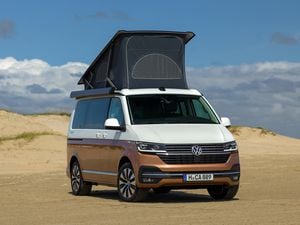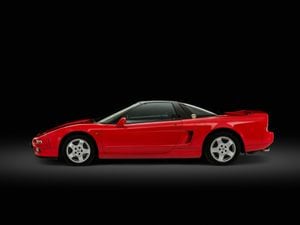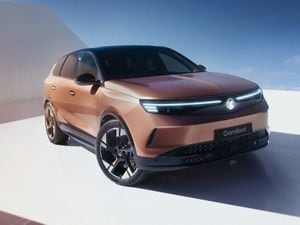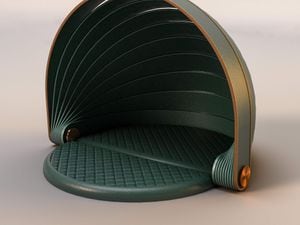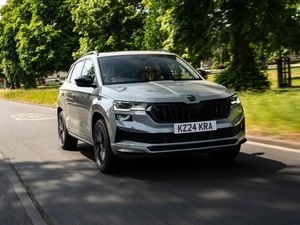Three arrested after Greenpeace volunteers storm Volkswagen ship
Campaigners want VW to send ‘dirty diesels’ back to Germany
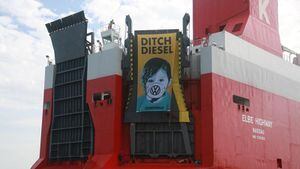
Three people have been arrested following a Greenpeace protest targeting Volkswagen diesel vehicles at Sheerness port in Kent.
Two protesters remain on-site after climbing a lighting gantry with thousands of keys belonging to Volkswagen vehicles awaiting delivery from the port.
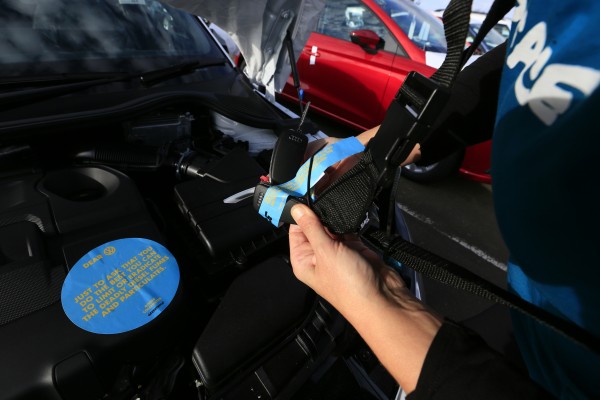
Early yesterday, activists boarded a ship carrying various Volkswagen Group vehicles that was destined for the port. Two protestors suspended themselves from the docking door and unfurled a banner that called on the German car manufacturer to stop making diesel cars.
They said they would not leave until the ship, which was in the Thames Estuary, was sent back to Germany with the vehicles.
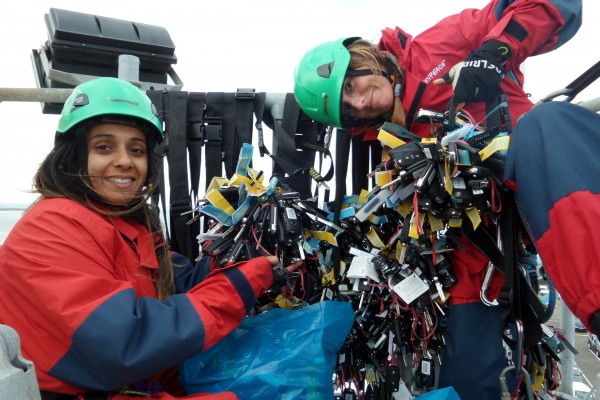
More Greenpeace volunteers simultaneously scaled a fence to gain entry to a car park at the port storing Volkswagen vehicles. They took the keys to thousands of vehicles and two people scaled a lighting gantry with them – each key has a message with a matching sticker attached to the engine of the car it came from so they can be reunited later.
Kent Police confirmed that one man had been arrested on suspicion of aggravated trespass, while a man and a woman had been arrested on the ship under the Merchant Shipping Act on suspicion of entering a vessel.
Volkswagen said in a statement that it was aware of the incident, adding: “Something worth bearing in mind is that, overall, there are more petrol-engined than diesel-engined cars aboard the ship that is being prevented from docking. In addition, there are 37 plug-in hybrid electric vehicles.”
It does not expect the protest to affect September car deliveries.
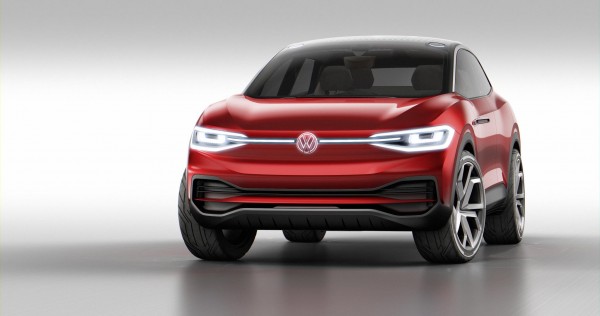
The move targets Volkswagen on the two-year anniversary of the dieselgate scandal, when the manufacturer was found to have fitted devices designed to trick emissions testing software into registering lower levels of CO2.
The Volkswagen Group, which also includes brands such as Skoda, Seat and Audi, has responded to criticism by investing heavily in electrified technology. It has committed to offering at least one electrified version of every model sold by its brands by 2030, as well as introducing 80 new electric vehicles by 2025.

